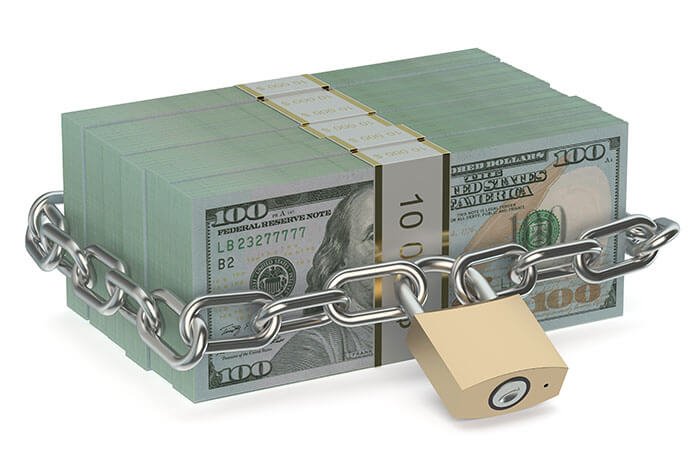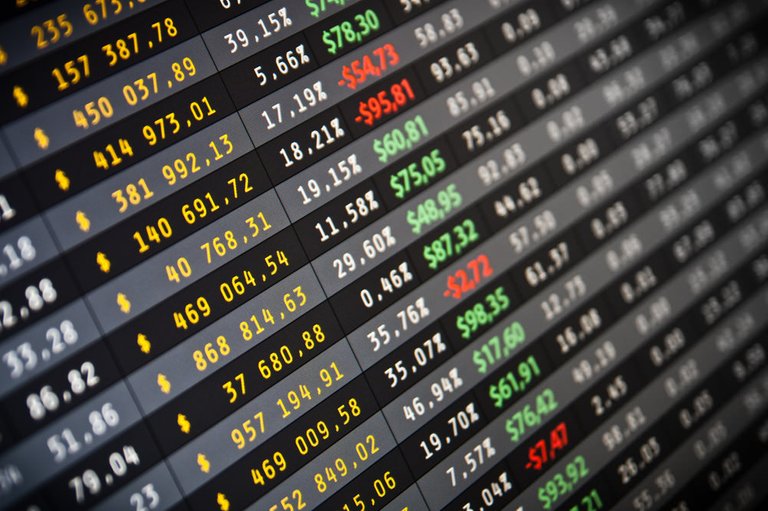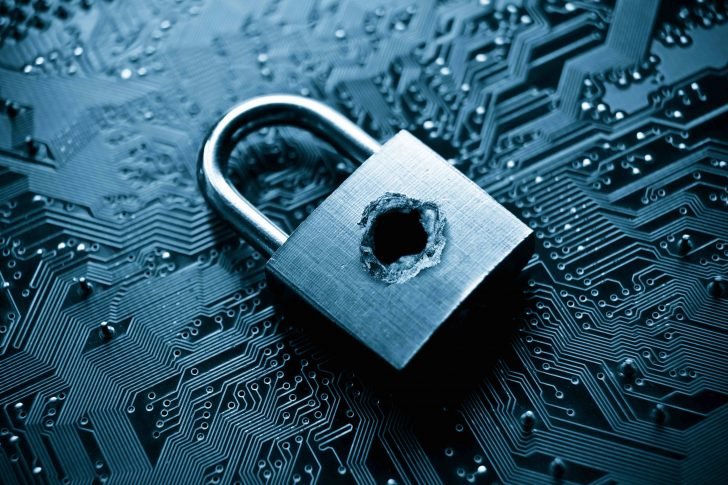Recently, I've experienced something I hope no one else has to ever go through: having your investments stuck in an exchange, with no hope of extracting the funds, only for you to watch its value increase.

What happened to me was from the exchange 'Bittrex', which implemented new rules and regulations without informing its users and expected them to simply deal with the circumstances. One of these rules was changing the withdrawal limit for "non-verified accounts" from 1 BTC per day to 0 BTC per day. Upon my attempts for verification, however, my identity apparently "cannot be matched" by their system records. This is frustrating and the reason they give seems unsound to the utmost degree: why would Bittrex have a record of my identity to match with?
Before I start talking about what this means, I want to go back to the original intentions behind the development of blockchain. In essence, it is to provide a decentralized and secure network so that no dominant actors in the system can just do whatever they want without system approval.
Now that we’ve established one of the valuable aspects of blockchain, we can talk about why centralized exchanges undermine this.
Exchanges work by storing the cryptocurrencies of its users on a central database. When you buy or sell a token, your account is sending a signal to the exchange’s central database to execute the buy/sell order. The central database then verifies this transaction, converts it respectively, and gives you back the corresponding currency you exchanged. To put this as an example, imagine today you wanted to trade 1 Bitcoin for 50 Ethereum on the exchange (this exchange rate is arbitrary and made up by me, but the general concept is the same). When you click “trade,” your computer sends the request to the exchange’s servers and the server verifies it. It then gives you back 45 Ethereum for your Bitcoin (assuming a 5 ETH transaction fee).

Why does this undermine the security of your account? This is because all the money is stored in a central database. Think of the exchange as a big wallet that everyone trades in. Normally, when you put your tokens in a non-exchange wallet, you are individually connected to the network. However, when you use an exchange, all your coins are stored in one big wallet, along with everyone else’s. Of course, there are internal security programs that prevent you from accessing funds that are not your own, but if this “big wallet” is hacked, then everyone’s coins are doomed.
That’s the risk posed by centralized exchanges. While blockchain itself is extremely secure, exchanges are not. Be aware when putting funds in an exchange. You may be diversifying your assets, but they are all still in one, vulnerable, place.

Now, how does this relate to Bittrex’s policy of no withdrawals unless your account is verified? It poses the rise of another problem the blockchain aims to solve. The use of blockchain technology makes a middleman position unnecessary. You don’t need a specific person to verify your transaction when the entire system does it. However, centralized exchanges create a slightly different situation. They become the middleman the blockchain aims to eliminate. They charge a high exchange rates, withdrawal rates and obligatory restrictions such as mandatory verification for withdrawal. They bring back many of the problems blockchain tries to eliminate, possibly hindering the adoption of this revolutionary technology in the world.

Congratulations @potrades! You have completed some achievement on Steemit and have been rewarded with new badge(s) :
Click on any badge to view your own Board of Honor on SteemitBoard.
For more information about SteemitBoard, click here
If you no longer want to receive notifications, reply to this comment with the word
STOP